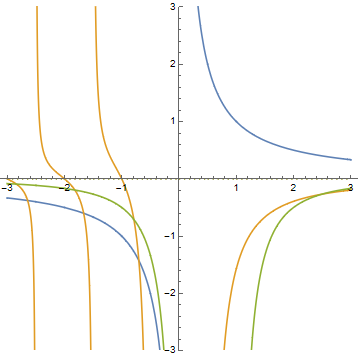We have the usual analogy between infinitesimal calculus (integrals and derivatives) and finite calculus (sums and forward differences), and also the generalization of infinitesimal calculus to fractional calculus (which allows for real and even complex powers of the differential operator). Have people worked on a "fractional finite" calculus, where instead of a differintegral we had some sort of "differsum"? I don't know much about it, but I was thinking maybe the answer might come from umbral calculus?
To give a motivating example/special case for this question: the Wikipedia article on fractional calculus uses the example of the $\frac{1}{2}$th derivative, which when applied twice gives the standard derivative. What is the operator $D$ on sequences such that, when applied twice, it gives the forward difference of the original sequence?
Also, I have perhaps a related question: The solution to $\frac{d}{dx}f=f$ is $f=e^x$, while the solution to $\Delta f = f$ is $f=2^x$. Is the fact that $e$ is close to 2 a coincidence, or is there something connecting these results? Is there more generally some sort of spectrum of calculi lying between "finite" and "infinitesimal" each with its own "$e$"?
EDIT: After looking around some more I found time scales, which are pretty much what I was thinking of in the second part of my question (though many of the answers people have provided are along the same general lines). I'm surprised I don't hear more about this in analysis - unifying discrete and continuous should make it a pretty fundamental concept!

